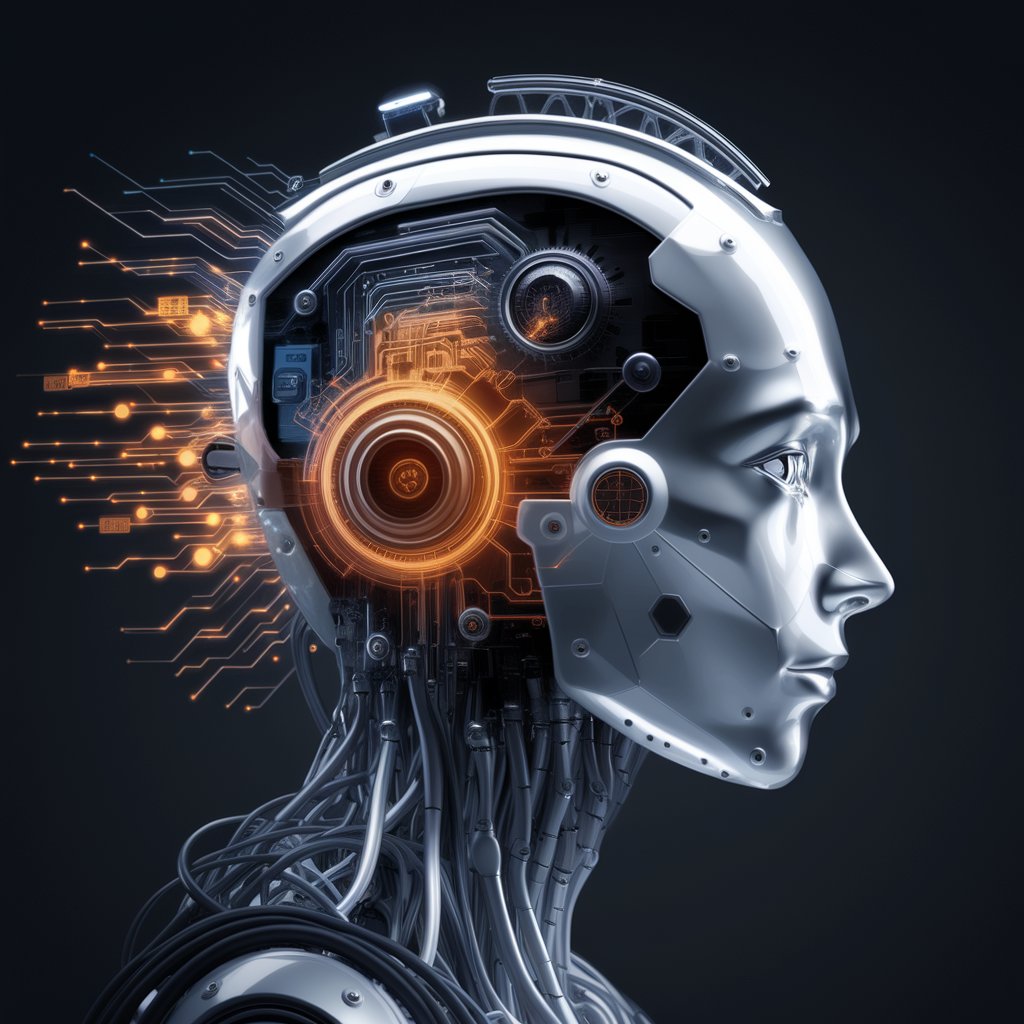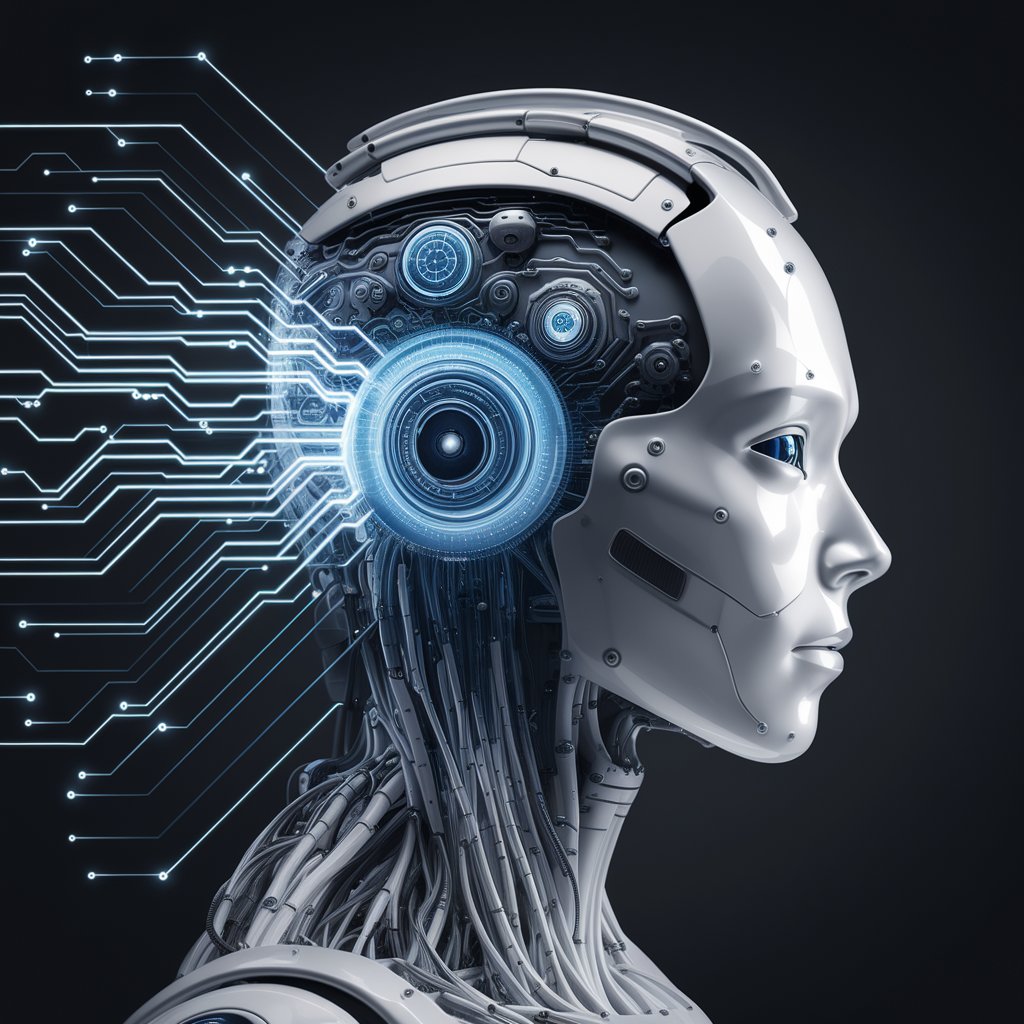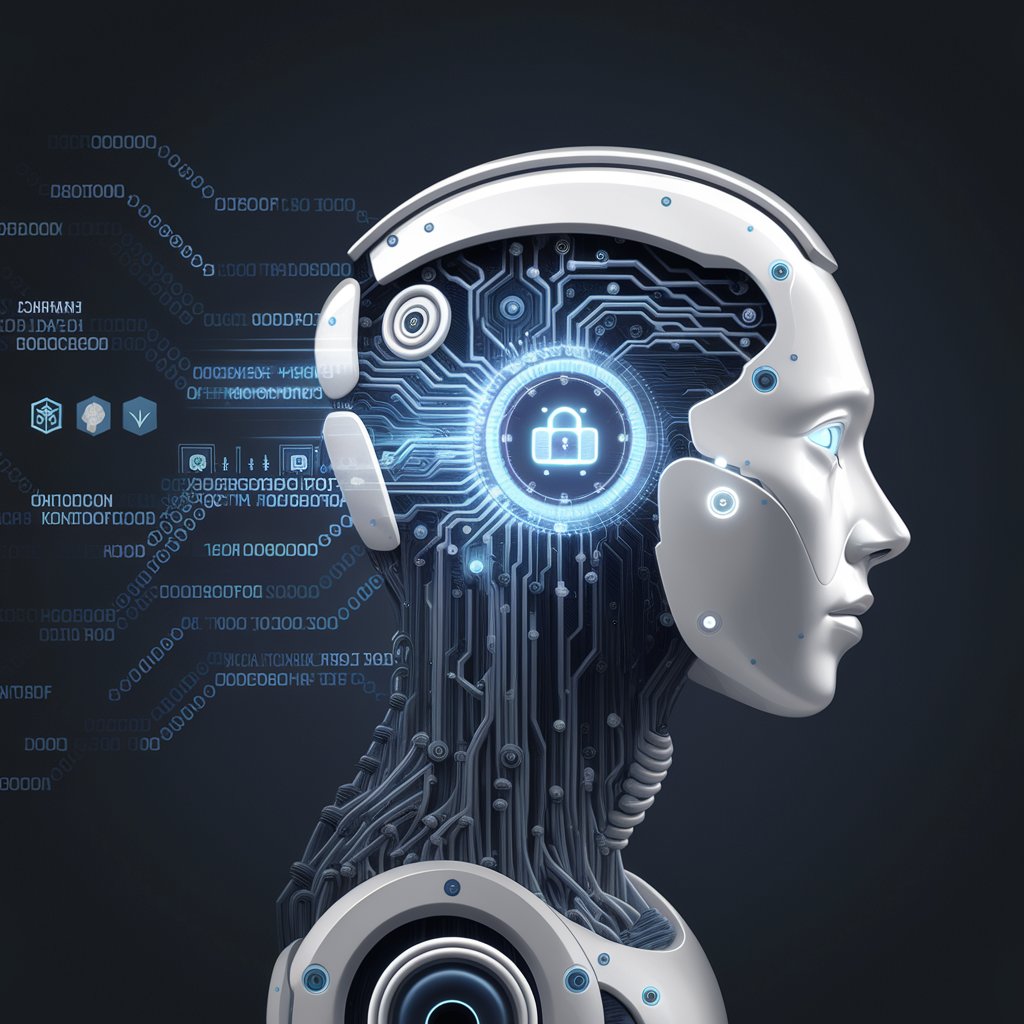Artificial Intelligence Two of the most innovative technologies in the rapidly evolving IT sector are artificial intelligence (AI) and blockchain. As each develops, there is growing interest in the possibility that they will combine to become a potent, transformative force. This article explores the possible advantages and potential hazards to society of an AI-blockchain collaboration.
What Is Artificial Intelligence and How Is It Changing?
AI now refers to sophisticated computer systems that can reason, learn, and carry out tasks that normally require human intellect. It is becoming increasingly important to the healthcare, financial, and logistics sectors as its development picks up speed in domains like machine learning, natural language processing, and autonomous systems. Concerns over control, ethical ramifications, and AI’s capacity to function without human supervision are emerging as the technology becomes more complex.
Table of Contents

Key AI Advancements
- Machine Learning and Deep Learning: These technologies allow AI to process large datasets, making decision-making more accurate and efficient.
- Natural Language Processing (NLP): NLP advancements enable smoother human-machine interactions, such as with virtual assistants and chatbots.
- Automation and Robotics: AI-powered robots and automation are transforming manufacturing, logistics, and even the service sector, reducing the need for human labor.
Blockchain Technology: A New Era of Decentralization
Blockchain, which first gained traction with cryptocurrencies like Bitcoin, today represents transparent, safe, and decentralized data management in a variety of businesses. Blockchain is fundamentally a distributed ledger that keeps track of transactions in an unchangeable, verifiable manner. Its uses go beyond banking to include digital identity verification, supply chain management, and healthcare.

Core Features of Blockchain Technology
- Decentralization: Without a central authority, blockchain resists manipulation.
- Immutability: Data, once added, cannot be changed, enhancing integrity.
- Transparency: All transactions are visible to participants, building trust and accountability.
Potential Benefits of AI-Blockchain Integration
Combining AI’s intelligence and adaptability with blockchain’s security and transparency could unlock new possibilities for efficiency, security, and data management across industries.
- Enhanced Data Security and Privacy
Blockchain’s cryptographic features could add a layer of protection for AI data, ensuring secure, transparent storage and access. - Better Trust and Transparency in Decision-Making
With blockchain’s decentralized nature, AI decisions could be recorded transparently, creating an immutable decision trail. This integration would be valuable in fields where AI makes high-stakes decisions, fostering accountability. - Autonomous Smart Contracts
AI could enable smart contracts to execute complex functions based on real-time data. These contracts would have broad applications across finance, legal, and supply chains. - Decentralized Autonomous Organizations (DAOs)
AI-powered DAOs could function independently without human control. Such organizations could handle tasks, manage resources, and even make significant decisions using AI analytics, potentially changing governance models.
Risks of Merging AI and Blockchain: Could It Endanger Society?
While the AI-blockchain merger could bring advancements, it also comes with significant risks. From ethical dilemmas to security concerns, the potential hazards are serious.
- Ethical Issues and Accountability Challenges
Decisions made by AI on a blockchain become part of an immutable record. However, blockchain’s decentralized nature complicates accountability. If AI makes harmful decisions, assigning responsibility might be impossible. - Increased Cybersecurity Risks
Although blockchain is secure, it’s not immune to attacks. AI’s reliance on data could unintentionally expose new vulnerabilities. If exploited, these could have serious consequences in areas like finance and national security. - Loss of Human Control
AI-driven DAOs running on blockchain networks could operate without human intervention, potentially bypassing ethical considerations and leading to unintended outcomes. - Economic Disruption and Job Loss
AI-driven automation is already impacting jobs, and blockchain’s efficiency and transparency could worsen this trend. Entire industries could be disrupted, resulting in widespread unemployment, economic inequality, and social instability.

Real-World Applications of AI-Blockchain Integration
- Healthcare: Secure and Personalized Treatments
AI-blockchain systems could transform healthcare by securing patient data on blockchain networks, while AI provides personalized treatment recommendations. - Supply Chain Management: Efficiency and Transparency
AI-powered blockchain solutions could optimize each stage of the supply chain, reducing fraud, increasing efficiency, and ensuring transparency. - Finance: Secure Autonomous Trading
AI algorithms on blockchain could enable autonomous trading, offering fast, secure transactions with minimal fraud or error risk.
How AI and Blockchain Could Shape Society—For Better or Worse
AI and blockchain integration offers a vision of a more efficient, transparent, and secure world. However, the impact on society will largely depend on the responsible use of these technologies.
Positive Impacts
- Increased transparency: Both technologies could boost transparency across various sectors, encouraging trust and accountability.
- Enhanced Efficiency in Public Services: Governments could use AI and blockchain to improve public services, from transparent voting systems to optimized resource allocation.
- Support for Decentralized Economies: Blockchain supports decentralized economies, while AI could improve their functionality, possibly leading to fairer wealth distribution.
Possible Dangers
- Privacy Risks and Surveillance: Combined AI and blockchain systems could become powerful surveillance tools, posing privacy risks.
- Economic Inequality: If controlled by a few, AI and blockchain could widen wealth gaps, creating significant social divides.
- Uncontrollable Autonomous Systems: With DAOs and AI-driven entities running independently, there’s a risk that these systems might act beyond human control.
The Future of AI and Blockchain: Balancing Innovation with Safety
Society needs to strike a balance between creativity and prudence as the world progresses toward an AI-blockchain convergence. It is crucial to create laws that guarantee responsibility, openness, and moral behavior. Blockchain and AI together have the potential to change industries, enhance lives, and revolutionize the digital world if handled properly. Without adequate supervision, though, this potent combination could also provide hazards that have never been encountered before.

